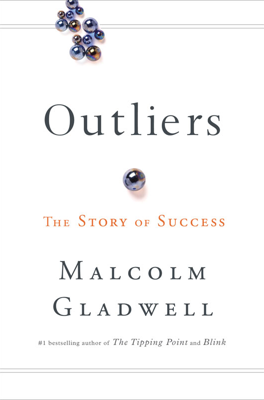The Matthew Effect
Malcolm Gladwell introduces the concept of the "Matthew Effect" in hockey, referring to the biblical verse from Matthew 25:29 which suggests that "For unto everyone that hath shall be given, and he shall have abundance. But from him that hath not shall be taken away even that which he hath." This concept reflects how those with initial advantages (like older birth dates within a selection year) gain greater opportunities, leading to a cumulative advantage over time.
In the detailed examination of Canadian hockey, players born earlier in the year (January, February, March) are overwhelmingly overrepresented compared to those born later. This disparity results from the cutoff date (January 1st) used for age classification in youth hockey leagues. Players born right after the cutoff date are physically more mature than their younger peers, giving them an initial advantage to be selected for elite development programs.
These programs offer better coaching, more practice time, and more competitive play, which amplifies the initial advantage and leads to significantly more developmental opportunities. This selection and streaming process, based on relative age, is identified as a significant factor in who excels to professional levels, not just inherent talent or effort.
The book argues that this "relative age effect" is not unique to hockey but is also evident in other sports with similar age-group cutoff systems, and even in education systems worldwide. For example, older students within an academic year cohort often perform better due to their maturity, receiving more encouragement and potentially being tracked into higher educational streams, which enhances their long-term educational opportunities.
Gladwell posits that these dynamics are a form of systemic inefficiency in how talents are recognized and developed, suggesting that many potentially talented individuals are overlooked due to arbitrary cutoff dates that benefit those born earlier in the selection period. He advocates for more awareness and adjustments of these systems to create a more equitable platform for talent development across various fields.
The chapter underscores the idea that success is not merely about personal merits or qualities but also significantly influenced by systemic structures and the specific circumstances of an individual's development pathway. These insights challenge the conventional narratives of success that emphasize individual effort and inherent talent as the primary drivers of achievement.
